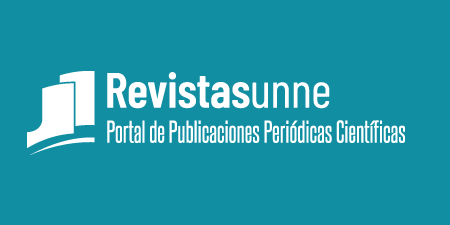Isolation and selection of potentially beneficial autochthonous bacteria for Piaractus mesopotamicus aquaculture activities
Fecha
2015Autor
Guidoli, Marcos Gabriel
Santinón, Juan José
Pasteri, Sergio Enrique
Sánchez, Sebastián
Nader Macías, María Elena Fátima
Metadatos
Mostrar el registro completo del ítemResumen
Piaractus mesopotamicus is the most produced specie in Argentinian fish culture with an annual production of 2,017 tons. The high demands of specimens generated a deficit of larvae, juveniles and sexually mature adults. The high stress conditions and the incidence of diseases had intensified this deficit. Probiotics are proven to increase survival and growth rates in aquaculture. The first step in the design of a putative probiotic is the selection of adequate microorganisms to boost fish health. Lactic Acid Bacteria and Bacillus are generally accepted as probiotics in aquaculture. In this work we obtained 522 isolates from different anatomical
parts of P. mesopotamicus, with a total of 30 lactic acid bacteria (LAB) and 8 Bacillus strains submitted for the evaluation of their beneficial properties. Only eight of these strains were selected for further “in vivo” assays based on following criteria: production of inhibitory metabolites and biosurfactants, screening of antagonistic activity against foodborne and pathogenic microorganisms, ability to emulsify polar solvents and compatibility between strains. All selected microorganisms were identified by sequencing 16S RNA gene. Pure cultures of all strains herein studied are preserved in Centro de Referencia de Lactobacilos (CERELA-CONICET) and Laboratorio de Sanidad Animal of the Estación Experimental Agropecuaria Rafaela, Instituto Nacional de Tecnología Agropecuaria (INTA) culture collections.
Colecciones
- Artículos de revista [443]





